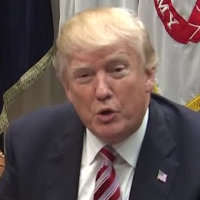
Silicon Valley’s biggest companies have gotten so powerful that at least some need to be taken apart, tech investor Roger McNamee said Thursday.
“I’m OK with Google being a monopolist in search. What I don’t want them to do is to use that power to eliminate pricing engines in Europe. I don’t want them to use it to make their photo search and all these other things,” McNamee told CNBC’s “Squawk Alley.”
“I would like Google to be broken up into eight or 10 different monopolies,” he said.
McNamee suggested Amazon be split into three or four companies and Facebook be separated from Instagram.
“These companies have run unchecked for a very long time,” he said. “The unchecked power produces really bad outcomes.”
It’s a position that has a growing number of adherents. McNamee and NYU Stern School of Business professor Scott Galloway have been long arguing for the break up of big tech.
Monopolies like Google, Amazon and Facebook concentrate capital and power and stifle innovation, they say.
“If one company becomes so powerful, it can deny the mother’s milk of business, which is capital,” Galloway told CNBC. “New business formation has been halved in the last 40 years. Two-thirds of the stocks have gone away. And it’s harder to build a middle class.”
It’s an age-old problem for the U.S. Standard Oil and banks formed monopolies long before Silicon Valley — and the federal government ultimately broke them up or restrained their power.
“The mission of America used to be to create tens of millions of millionaires. If you played by the rules and you saved money, you could become a millionaire,” Galloway said. “It appears with our policy around letting these guys go unchecked that we’ve decided our new goal as a society is to collectively crown the first trillionaire.”

